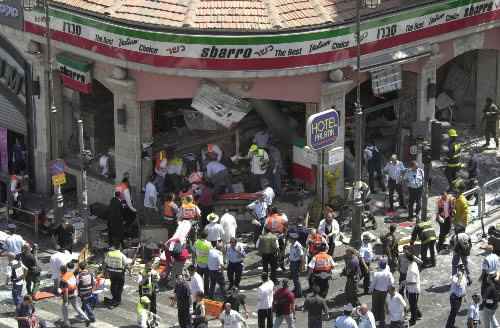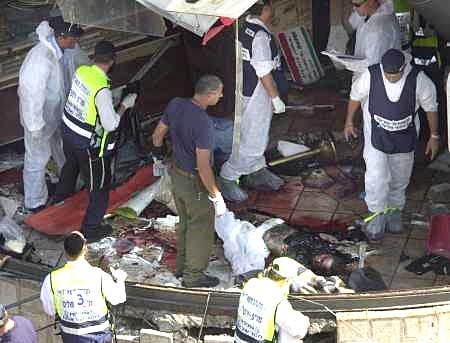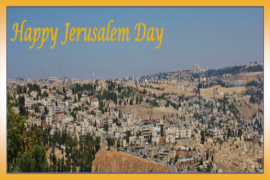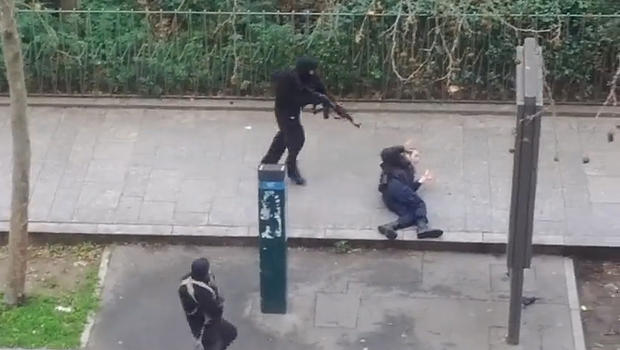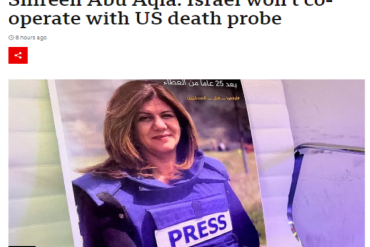A Guardian article by Jason Burke (Cities and terror: an indivisible and brutal relationship, Jan. 29th) on the history of terror attacks in cities around the world – an expansive 2300 word piece which spans hundreds of years – includes a diverse array of examples.
- Attacks on London in the mid 19th century by Irish extremists.
- Attack on French Parliament in the late 19th century.
- Marxist terror in Central and South America in the mid to late 20th century.
- Islamist attacks in Africa, on Western targets in the Mid-East and in Western European and US cities in the late 20th century and early 2000s – including the “new” tactic, used by ISIS just last year, of car ramming.
Yet, despite the fact that Burke acknowledges that “the emergence of terrorism as we know it today” begun “in the second half of the 19th century”, his historical overview of modern terror somehow manages to avoid any mention of the thousands of Palestinian terror attacks against Jews in Israeli cities, or Palestinian attacks on Jewish targets in Western cities.
Modern Palestinian terror ‘innovations’, such as the widespread use of suicide bombing – cruelly deployed to maim and murder civilians of all ages in cafes, pizza parlors and bus stops – go unmentioned.
However, it’s not technically accurate to say that the words Palestine, Israel, Jews and terror are not used at all by the Guardian journalist. They are, in these paragraphs, in reference to Jewish terror:
Simply striking in a capital anywhere is a bonus for extremists set on undermining confidence in the ability of a state to protect its citizens, or of occupying powers to keep order. Bombing campaigns as diverse as that against the British in Palestine in the mid 1940s, perpetrated by hardline Jewish activists, and that in Baghdad in 2003-2005, which was largely the work of Islamic militants aided by some nationalists and Ba’athist loyalists, show just how effective this can be.
The Zionist Irgun’s bombing of the King David hotel in Jerusalem in 1946, which killed 91 people, dramatically demonstrated the organisation’s capability and the weakness of the British authorities. Just over a year later, the British announced they would effectively abandon their rule in Palestine, allowing the state of Israel to come into being.
Burke also risibly informs Guardian readers that some scholars would characterise “the Jewish zealots who took on the Romans in early the imperial province of Judea in the first century” as early “terrorists”.
So, whilst one bombing by Jewish extremists in 1946 and attacks on Roman targets by Jewish zealots 2000 years ago are cited, thousands of Israeli victims and Palestinian perpetrators (since 1948) are completely erased from the Guardian’s history of urban terror.
Related Articles
- Yasir Arafat’s Timeline of Terror (CAMERA)

